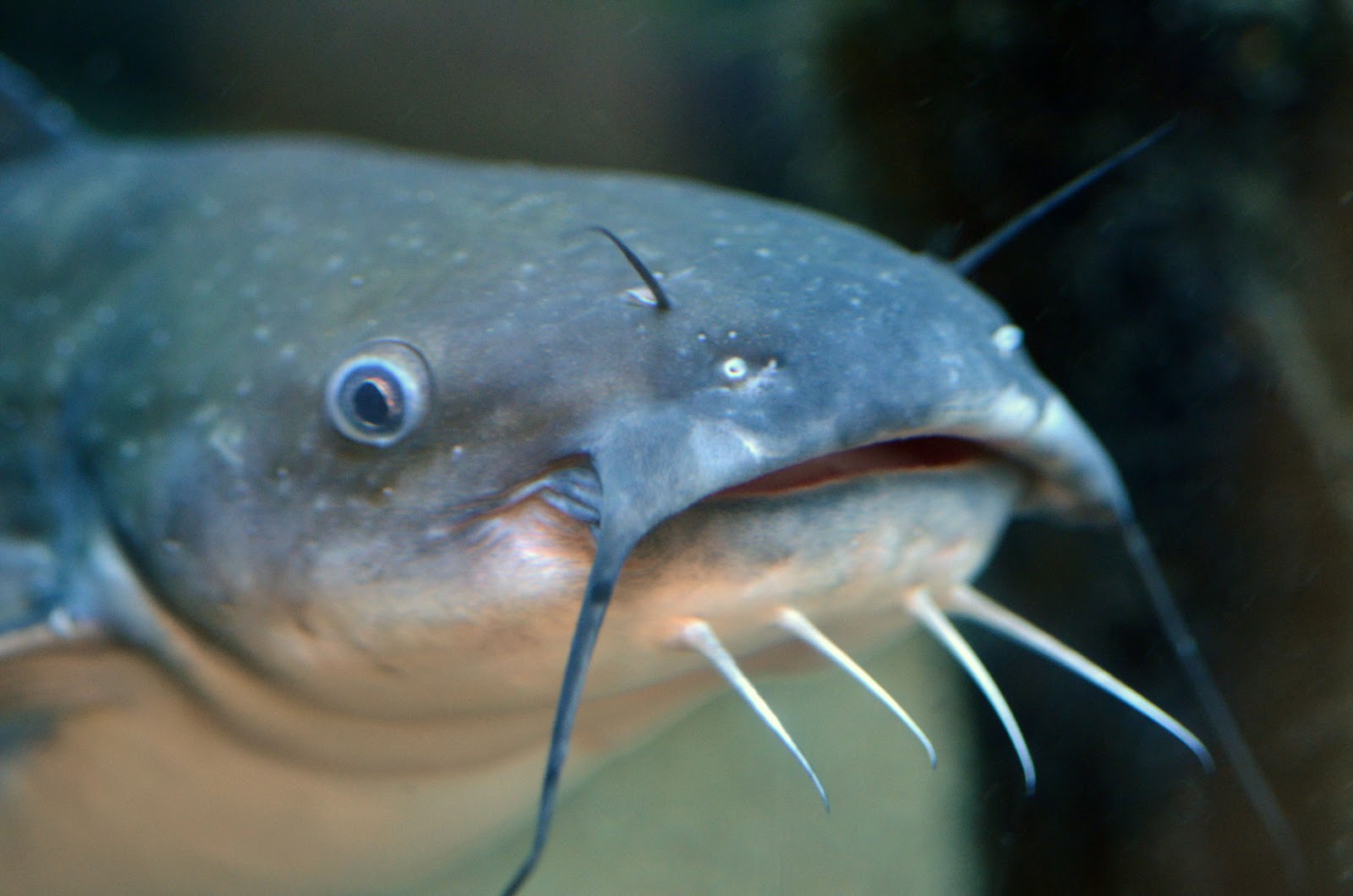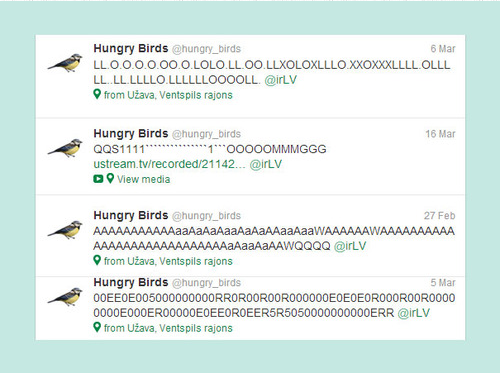Consider two aspects of digital literature: 1) social media tools that enable widespread publication, without publishers, and 2) Hypertext, which is the name for the text that lies beyond the text you are reading, until you click. How do you think these capabilities might be impacting literature and story?
Hint: hover over the faintly underlined text when you get to it!
It seems no other generation has been so obsessed with and capable of telling and recording their own personal stories to the degree that we do now. Everyone has become a writer in one shape or form. I profess I’m not one to use Facebook very much and I haven’t been able to connect with the idea of being addicted to it. But it’s clear, under the guise of “regular updates,” that social media (Facebook, Twitter, Instagram etc.) are polished stories that people record about their lives. Who really escapes the mediocrity and ho-hum of regular life? Even if they do go to fine dining restaurants every night of the week (and subsequently take pictures of every single course).

Hello there, Gorgeous. Yes, it is I.
I’ve found my own online presence to read differently than how I really am. Oh, there are similarities for sure (my online persona does have a base — I’m hardly a catfish), but I’m careful to rework what I say, crafting a personality that is, what I hope is, more eloquent and confident than the clumsy and shy person I am in real life. The Internet, then, is arguably made up of stories. It is a library of our lives and our imaginations. In this space, the intersections of stories/orality and literature merge or become interwoven.
In her article, “Orality,” Courtney MacNeil asks, “If orality, as Ong suggests, is “evanescent,” [11] how do we categorize audio-recordings or sound-files that we exchange, disperse, and most importantly, re-play? If the text, contrastingly, is thought of as durable or permanent, then what do we make of the instant message that gets instantaneously deleted?”

“real birds tweet on twitter” at @hungry_birds; truly everyone has become a writer. Their words have been archived. Those birds have no hope of erasing their regrettable tweets.
I think that the Internet, or digital/social media, has created permanence to orality similar to that of literature. Some social media sites are closer to the “evanescent” nature of orality that Ong suggests than others (eg. Twitter vs. Facebook), but regardless create an accessible archive of previous utterances, word-for-word. We can easily access previous tellings. Media such as audio-recordings and vlogs further demonstrate the tenuous boundaries between orality and literature. However, vice versa, text has become less revered in that it is now easily deleted. I’m not sure about MacNeil’s questioning of instant messages as a contrast to permanence though. If the message has not yet been sent, then yes, it isn’t permanent at all. But if the message has been sent, the impermanence of the text relies on all parties deleting it—or no one, god forbid, uploading a screenshot of it on the Internet. As the phrase goes, “once on the Internet, always on the Internet.”
Meanwhile, the hypertext has altered the orality woven into digital textual forms. While traditional storytelling gives the reader little power over what they are told, hypertext gives them the choice of “hearing” and understanding further context/clarification—or not. At the same time, I think hypertext has helped usher in the merging of orality and literature. Hypertext offers the ability to quickly and explicitly link the story being told, the “words,” to their context or their “literary heritage” of sorts. It also creates a space for orality within the restrictions that textual forms inherently retain. I find it often awkward or difficult to create room in text-based storytelling such as blogging for asides that verbal, face-to-face communication allows.
I suppose one of the biggest reasons why online/digital forms of stories have retained a sense of oral culture and yet have become so permanent might be the ability to easily copy and spread them, often even down to the last punctuation mark. Consider “retweeting” or “reblogging” (via. Tumblr). I might even argue that activities such as “reblogging,” or threads on Reddit and similar sites, have almost created a form of canonization or at least has allowed posts to be discussed, turned into memes, and proliferated to the point of collective understanding and allusion.
References:
@hungry_birds (Hungry Birds). Twitter.com. Web. 23 May 2014.
Harris, Aisha. “The Surprisingly Long History of the Term “Catfish”” Slate. Slate Magazine, 13 Jan. 2013. Web. 22 May 2014.
MacNeil, Courtney. “The Chicago School of Media Theory Theorizing Media since 2003.” The Chicago School of Media Theory RSS. The University of Chicago, n.d. Web. 22 May 2014.
Real Birds Tweet on Twitter. Digital image. その日をつかめ. Tumblr, 2013. Web. 23 May 2014.
White Catfish Face. Digital image. Virginia Fishes. Blogspot, 11 May 2013. Web. 23 May 2014.
Hey Rachel,
When we talk about hypertext, a lot of the time we think about the links within an article or webpage. But we should also consider links shared on Facebook and Twitter independent from any other material. You touched briefly on this when you talked about Tumblr and Reddit, but personally, I find that links shared through Facebook and Twitter both allow the user to add their own personal thoughts on the link (whether it be a simple HAHA or long explicatory paragraph), which opens the conversation much more on the topic. It’s interesting to note that once corporations noticed people’s tendencies to share, retweet, reblog or repost, they in turn have responded in kind. I’m currently reading “Behavior Dynamics in Media-Sharing Social Networks” by Vicky Zhao, Sabrina Lin and Ray Liu. In it they discuss how to take data collected on social media habits and create a more successful and efficient performance system.
I’d love to hear your thoughts on how this interchange between the corporations/creator and consumer has influenced the way we share things and how the continual changes might further shape the way we view and interact with digital literature.
🙂
You’re right. In my entry, I was mainly focusing on media that followed a very literary standard–that is, a piece that can remain unchanged at its source. I failed to touch upon, or consider further, the communicative world online. Social media has definitely made it easier to gauge reactions and catalogue the discussions occurring around a certain post/video/item etc.
I think that the way consumers and corporations interact has changed because of the way we communicate online. Corporations seem to increasingly create and maintain a personal image. What I mean is, through social media, corporations can move away from simple “brand” image to one that emulates a singular personality, like any other personal social media account holder. The Denny’s tumblr, for example, is a perfect example. Their personality on there is a quirky, almost “non-sequitur” type of tumblr user–except that their blog is Denny’s themed. This personality is further cemented by interaction with other tumblr users and the subsequent endearment to the tumblr community (judging by the nearly 300 000 notes that single post has garnered).
🙂 – “I might even argue that activities such as “reblogging,” or threads on Reddit and similar sites, have almost created a form of canonization or at least has allowed posts to be discussed, turned into memes, and proliferated to the point of collective understanding and allusion.” – INTERESTING and provocative reflection, thank you.
This is a most thoughtful blog post, thank you so much for your insights and questions. You begin by pointing to ‘your’ generation’s “obsession’ with telling and recording their lives:
“It seems no other generation has been so obsessed with and capable of telling and recording their own personal stories to the degree that we do now. Everyone has become a writer in one shape or form.”
I found this interesting to stop and ponder because I immediately connected this with the fact that your generation is of course the ‘first’ fully digital generation, which naturally leads me to thinking about how much has changed as a result of the invention of the WWW in just a couple of decades.
“As the phrase goes, “once on the Internet, always on the Internet.”
I giggled when I read that line because it made me think:
Once a story is told, it can not be taken back.”
I suppose one of the biggest reasons why online/digital forms of stories have retained a sense of oral culture and yet have become so permanent might be the ability to easily copy and spread them, often even down to the last punctuation mark. Consider “retweeting” or “reblogging” (via. Tumblr). I might even argue that activities such as “reblogging,” or threads on Reddit and similar sites, have almost created a form of canonization or at least has allowed posts to be discussed, turned into memes, and proliferated to the point of collective understanding and allusion.
I really enjoyed this insight, and got to thinking about how stories are not only unmediated (no need for the publisher) and accordingly prolific, yes – but in the re-posting, and the re-readings, are ‘social stories’ (my name for online stories on Facebook Twitter and their ilk) changing in similar ways as do oral stories?
I appreciated your response to Fidelia’s comment, thanks.